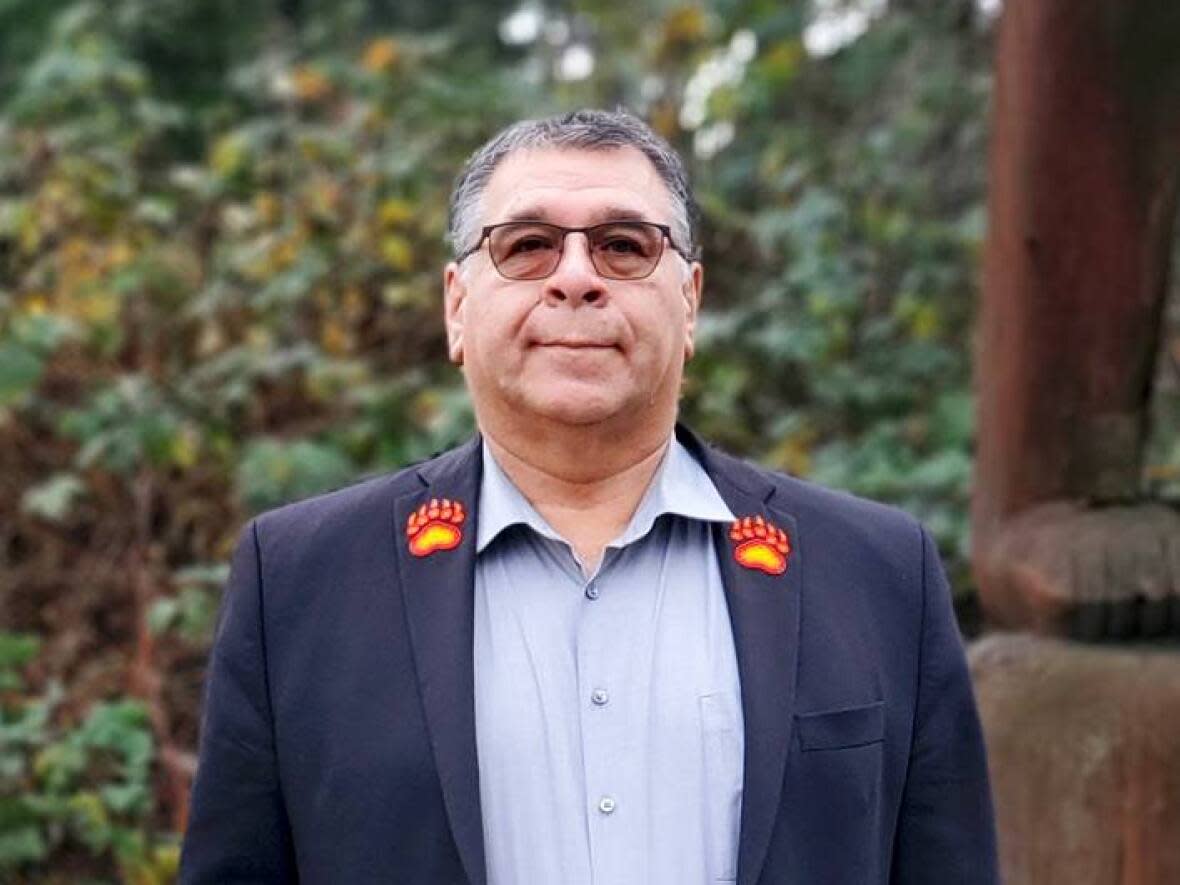'Culture is the medicine we need': Indigenous-centred HIV program launched in Vancouver

A health-care facility in Vancouver unveiled a new initiative for Indigenous people living with HIV.
Vancouver's Dr. Peter Centre, which specializes in care for people with HIV/AIDS, announced on Friday that it had received funding to hire dedicated staff and to launch an Indigenous-centred program called "Culture of Care."
The Dr. Peter Centre said more than one-third of its clients identify as Indigenous, and that the rate of people with HIV is significantly above average among First Nations, Métis and Inuit communities.
Kevin Barlow, an Indigenous advisor working with the Dr. Peter AIDS Foundation, which runs the centre, told CBC News that many factors are behind the disproportionate number of Indigenous people living with HIV/AIDS.
Those include discrimination and colonialism, substance use arising from residential school traumas, and unequal access to health care.
As such, treating and caring for people living with HIV requires more culturally sensitive approaches, he said.
"Sometimes culture is the medicine that we need to provide to an Indigenous person, so that they don't carry so much of that multi-generational trauma along with them," said Barlow, who is Miꞌkmaq and lives in North Vancouver. Barlow is also formerly the long-time CEO of the Canadian Aboriginal AIDS Network, a national organization that has since been renamed Communities, Alliances and Networks.
According to the Dr. Peter AIDS Foundation's executive director, the new program will offer a range of culturally appropriate care, which he said needs to remain "fluid" since there is no one single Indigenous culture but many diverse practices and beliefs.
"There's a real lack of of very targeted services for people who identify as Indigenous," Scott Elliott told CBC News. "People will say that, 'AIDS is over.' I'm here to attest ... very clearly it is not.
"We're still seeing significant rates of new infection in Canada. These are predominantly in Indigenous communities, African, Caribbean and Black communities and people who use substances."
The centre's new Indigenous-focused program will be overseen by a dedicated Indigenous staff, and hold weekly cultural events, ceremonies, arts activities, meals and other food programs, in addition to harm reduction and counselling services.
For Barlow, there cannot be a one-size-fits-all approach to caring for Indigenous people living with HIV.
"It's not a theoretical model that you can go to university and learn," he said. "When you have a mosaic of Indigenous cultures in Metro Vancouver ... the challenge for a centre like Dr. Peter is how do you respond to people from all the various nations that are here? Each nation is unique."
The Dr. Peter Centre was founded in 1997 to offer HIV/AIDS care and programs based on the principles of harm reduction and mental health.
The centre said Indigenous people in Canada are nearly three times more likely to be diagnosed with HIV compared to the rest of the population, and that the most common means of transmission is through sharing drug paraphernalia.


